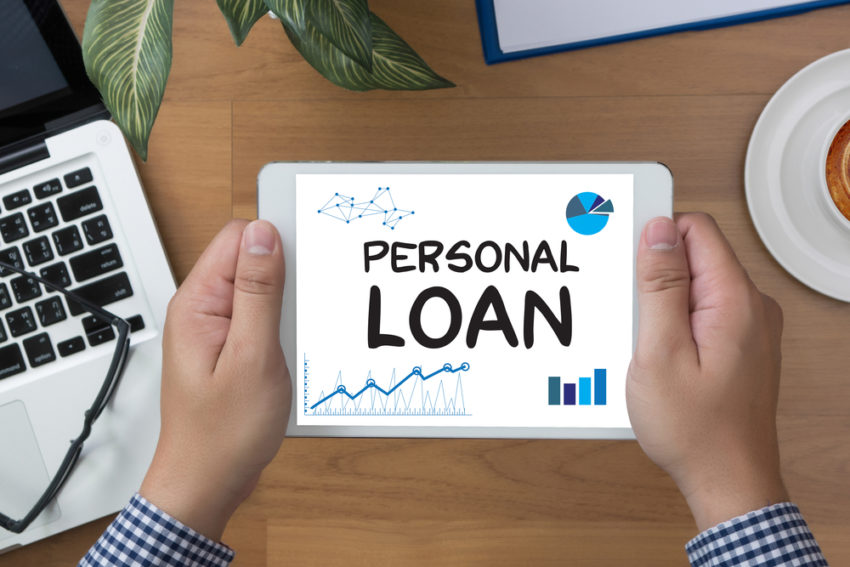Taking out a personal loan pertains to the process of borrowing money from a financial institution, whether it’s a bank, credit union, or online lender.
You are responsible for paying the amount back in fixed monthly installments, which can range from two to five years.
Typically, personal loans are “unsecured,” which means that they don’t require collateral. It’s also cheaper than using your credit card for payments that require a hefty lump sum, like a down payment for a car or house, and has a higher limit. This setup is also ideal for people who have incurred high credit card balances since taking out a personal loan can consolidate your debts into one payment structure.
If you’re planning to apply for a personal loan, here are some things you should consider:
Determine If You Truly Need the Money
Before you go ahead and fill up forms for a bank or Credit Ninja personal loans, you must take an objective and thorough look at your financial situation. Evaluate whether you genuinely need the money and if you have the capacity to repay the lender.
Consolidating multiple credit card debt is one of the more popular uses of personal loans. These are other instances when borrowing money may be necessary:
- Refinancing Student Loans– Refinancing student loans with a personal loan may be cheaper than paying with the initial provider. However, you must take note that you will no longer be eligible for loan forgiveness programs that are implemented in the future.
- Paying for a Medical Emergency – Another valuable use of personal loans is for medical emergencies. While you can save as much money as you can for these unexpected situations, there’s no telling when you might need more funds.
- Purchasing an Appliance or Gadget– As mentioned above, a personal loan can be used to pay for a car or home. Moreover, you can also utilize the funds for other devices. Calculate first whether taking out a loan ends up cheaper than financing your purchase through the seller.
- Boosting Your Credit Rating – A personal loan can improve your credit score by lowering your credit utilization ratio or the amount of total credit you have in comparison with your limit. Prompt repayment will also be tracked and can help your rating.
Know If You’re Eligible
While you can still borrow money with bad credit, you should still determine your credit score before you try to apply for a personal loan. Your rating can influence the affordability of your loan through interest rates and the repayment schedule.
You have to note that lenders are also looking at the profitability of their service. Having a bad credit score highlights the risks that come with letting you borrow money so they have to put up more rigid security measures in place to ensure that you can pay them back.
Identify the Type of Personal Loan You Need
There are different types of personal loans available with various lenders. You should know which one is best suited to your needs and financial situation. This includes being aware of automatic withdrawals and origination fees that may entail your loan.
Here are the types of personal loans:
- Unsecured– As mentioned above, this type of personal loan is the most common but also riskier for lenders. You don’t need to provide collateral, which is why it has higher interest rates than secured ones.
- Secured– With secured personal loans, you will need to give the lending company the rights to seize your collateral if you default or miss paying the loan.
- Fixed-Rate– This loan gives you the same rate for your monthly payments for the entire duration of the loan. The consistent setup allows you to include the repayment in your budget each month. Plus, it’s an excellent way to erase concerns over rising rates on long-term loans.
- Variable – The interest rates on this type of loan are influenced by a benchmark rate appointed by banks. The rise and fall of the market rate have a bearing on the fluctuation of your monthly payments and total interest costs. A significant advantage of variable-rate loans is that it has a lower annual percentage rates than fixed-rate loans.
Conclusion
Personal loans are valuable tools if you find yourself in need of cash for medical emergencies, repaying credit card debt, purchasing goods, or refinancing your student loans. You should determine your credit rating first since this can influence the affordability of your loan. Read up on the different types of loans, as well and identify which setup works best for your financial situation


